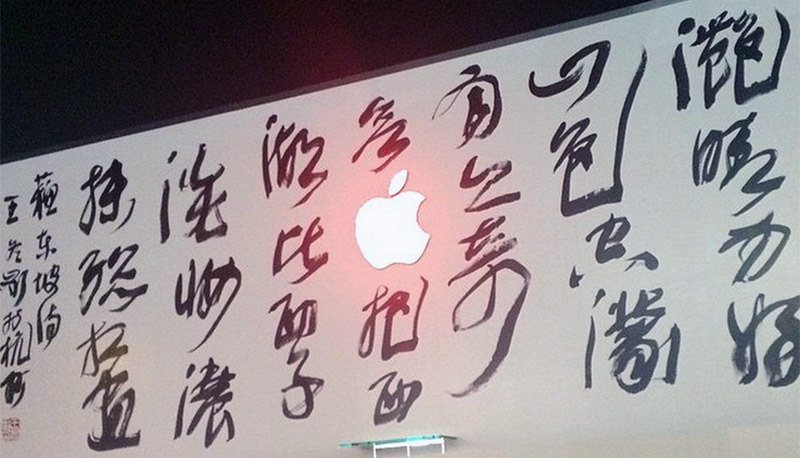Apple removes RSS reader apps from Chinese App Store
Apple is in the process of removing RSS reader apps from the Chinese App Store to comply with government regulations designed to block "illegal content."
Word of the ban circulated in an unconventional manner. This week, popular RSS app Reeder and Fiery Feeds both responded to a 2017 tweet from Inoreader regarding an apparent takedown at the behest of Chinese authorities, reports Daring Fireball.
The original post from Inoreader explains that the App Store review team informed them that the RSS reader was being pulled from circulation because it contained "content that is illegal in China." A copy of the message was included in the post.
Hello,
We are writing to notify you that your application will be removed from the China App Store because it includes content that is illegal in China, which is not in compliance with the App Store Review Guidelines.
Apps must comply with all legal requirements in any location where you make them available (if you're not sure, check with a lawyer). We know this stuff is complicated, but it is your responsibility to understand and make sure your app conforms with all local laws, but just the guidelines below. And of course, apps that solicit, promote, or encourage criminal or clearly reckless behavior will be rejected. While your app has been removed from the China App Store, it is still available in the App Stores for the other territories you selected in iTunes Connect.
Best regards,
App Store Review
It is unclear why the Chinese government is cracking down on RSS readers. The specialized apps are basically content aggregators, similar to web browsers insomuch that they are portals to information rather than content generators.
Also unexplained is the three year hiatus between Inforeader's removal and this week's culling.
Apple is widely viewed as having an obsequious relationship with Chinese authorities like the Cyberspace Administration of China (CAC). Though it touts itself as a staunch champion of human rights causes, the tech giant routinely cows to Chinese officials who control the keys to a huge, and significantly untapped, consumer market.
On the app distribution side of the relationship, Apple in late 2016 removed the official New York Times app from circulation after authorities claimed it violated unspecified local laws. About six months later, Apple did the same with virtual private network (VPN) apps that threatened to break through China's "Great Firewall."
Last year, Quartz and a police monitoring app were stricken from the China App Store during protests in Hong Kong. CEO Tim Cook addressed public outcry in a letter to employees, saying at the time that the app, HKmap.live, was in violation of Hong Kong law because it was reportedly being used to maliciously target police officers and victimize individuals in areas where no police were present.
For its part, Apple maintains the app removals are at times necessary to fall in line with local laws.
Most recently, Apple in August purged an estimated nearly 30,000 games from the regional App Store for lacking the required government licensing that enables in-app purchases.
 AppleInsider Staff
AppleInsider Staff











 Marko Zivkovic
Marko Zivkovic
 Amber Neely
Amber Neely
 Christine McKee
Christine McKee
 Malcolm Owen
Malcolm Owen
 Mike Wuerthele and Malcolm Owen
Mike Wuerthele and Malcolm Owen

 William Gallagher
William Gallagher








